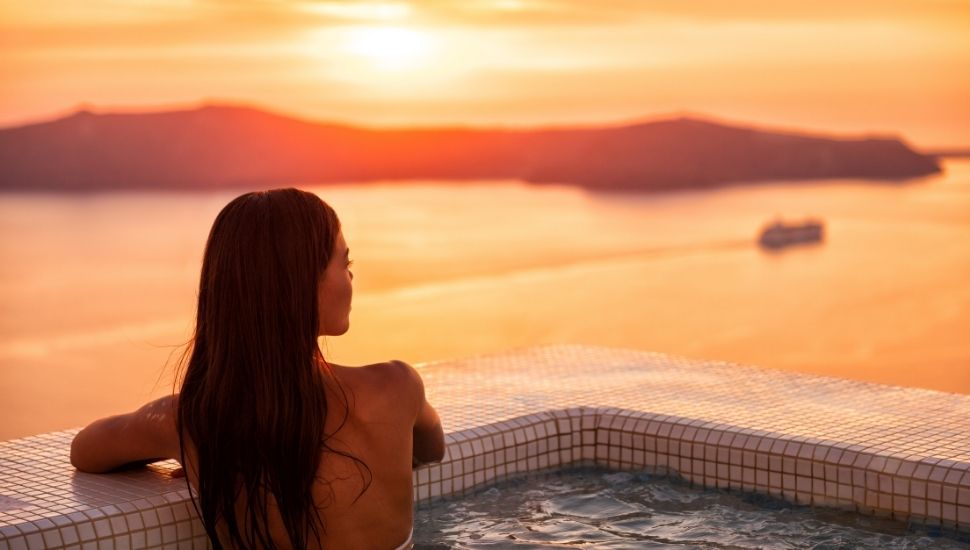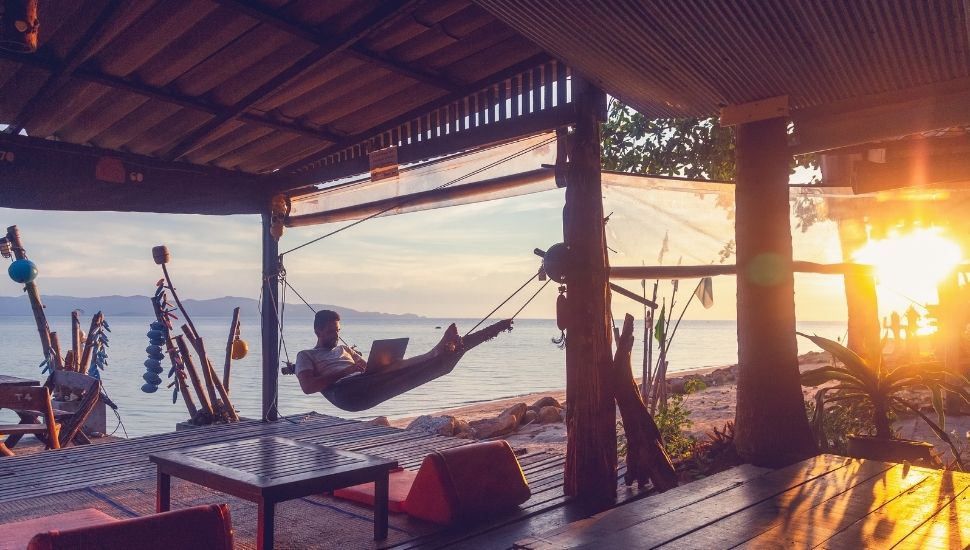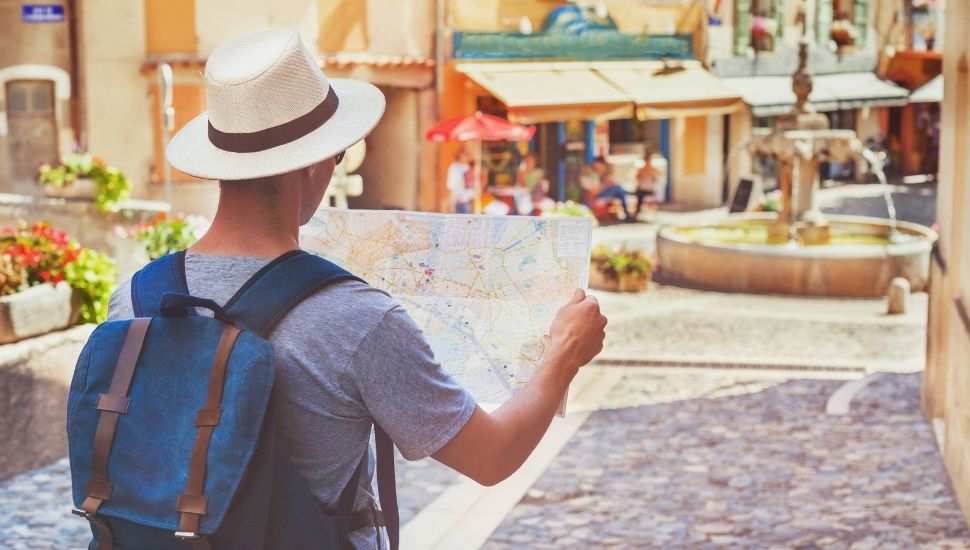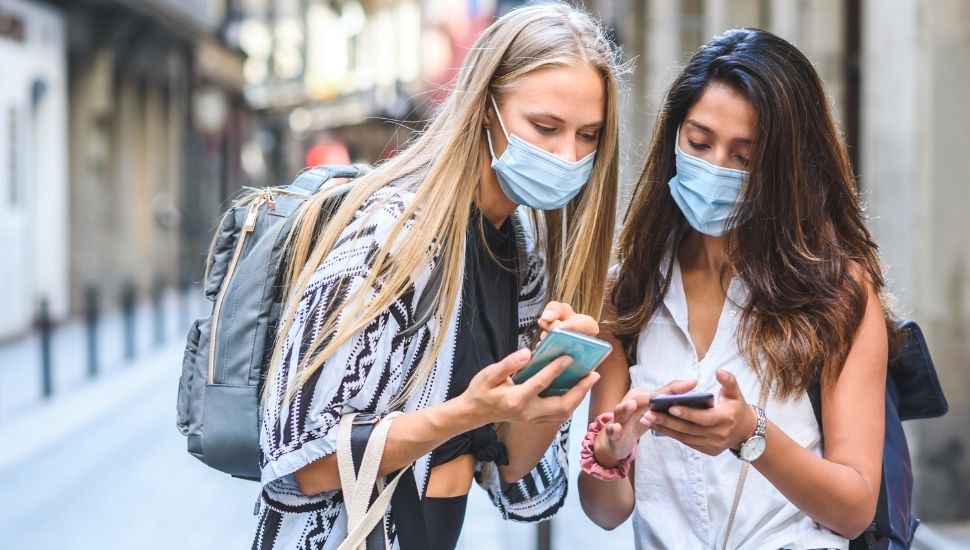9 Backpacking Trends and Predictions for 2021
The quintessential backpacker often values longer trips at a lower daily cost. They tend to forgo some home comforts in order to spend more time away from home, visit more places, and get closer to the people and culture around them.
But as backpackers consider the possibility of travel again, how will the Covid-19 pandemic impact their plans? Is the classic backpacker adventure still possible? Or has it changed forever?
Vaccine passports are here to stay
First and foremost, getting vaccinated against Covid-19 will be a prerequisite for any traveller - backpacker or otherwise. Equally important will be the ability to prove you've been vaccinated. For backpackers who plan to visit multiple countries during their trip (no mean feat these days), being able to show proof of their vaccination will be critical.
Backpacking travel may become more localised
Ever since backpacking began in the 1950s and 60s, it was associated with being able to travel broadly - to hop across borders and explore multiple countries per trip. It was once easy to waltz into all kinds of nations on a UK passport - but Covid-19 has changed all that. While vaccination passports may solve some of these issues, higher flight prices will impact budget travellers' ability to leap around continents and regions; the International Air Transport Association (IATA) says cheap flights could become a thing of the past.
In addition, it won't be possible (or appropriate) to visit certain countries until mass vaccinations take place. For example, India - long a backpacker hotspot - is still in crisis. For now, exploring a single country in a deeper way may be easier and more practical than round-the-world jaunts.

Budget travel may be discouraged in some countries
At first sight, for those who love backpacking, this could be a bitter pill to swallow. Many countries are setting their sights on short term holiday makers who spend big - rather than $30-a-day backpackers.
"Most destinations are focusing on high-yield market segments now," Denis Tolkach, assistant professor at the School of Hotel and Tourism Management at Hong Kong Polytechnic University, told CNN last year.
This notion was backed up by New Zealand's tourism minister, Stuart Nash, who said the nation would be targeting "high net worth individuals" in the future.
Australia, meanwhile, attempted to levy a 15% tax on backpackers who came to work on fruit farms in places like Queensland - hardly the most welcoming move. (The tax was eventually deemed illegal for travellers from eight countries that had trade agreements with Australia, including the UK).
However, while all this sounds rather negative, there's no telling what the future holds. Far-flung destinations bereft of package hotels will still be happy to accommodate backpackers - certainly in developing nations like India and Indonesia. In addition, countries like New Zealand and Australia may reverse their attitudes when the fruit doesn't get picked due to a lack of seasonal workers!Besides, even if the flashy holiday ads aren't targeted at you, as long as you've saved enough money and meet the Covid-19 requirements, there's no reason why you won't be able to explore like a true backpacker.

Longer "workation" trips
Backpacking trips are often about taking more time, and spending less money. This approach tallies with the new travel zeitgeist, in which extended trips will become the norm.
According to Forbes, longer trips will be “in” this year, partly due to quarantine restrictions. "Upon arrival at a new destination, self-isolating will remain. This will translate well for those who are willing to travel to be in it for the long haul. There will be an urge to make up for lost time, so longer stays or even relocating for a while will become more popular."
Forbes also noted that some countries are keen to capitalise on the digital nomad phenomenon: "Several countries have enacted year-long visa programs for digital nomads around the globe, often with income and insurance requirements. "
Barbados, for example, is offering a one year digital nomad visa for $2,000. At the other end of the scale, mountainous Georgia offers UK residents a one year visa - absolutely free!
This ‘longer trip' school of thought was mirrored by Rebecca Masri, founder, Little Emperors, who said, "We have already seen the average length of stay double from five to 10 nights. We are living in a world of digital nomads where people are working remotely more and more and don't need to rush back to the office."
Backpacking trip flexibility has become much more important
Many backpackers plan their trip on a strict budget, so the prospect of having to cancel or postpone for any reason (a Covid-19 outbreak, for example), could be costly. With this in mind, flexible cancellation policies are becoming the norm - and may be more important than price in some instances.
Rebecca Masri, founder of Little Emperors, said, "Flexible cancellation policies will have a huge influence on traveller choice. It will be equally if not more important than price for some.”
For bookings that don't come with flexible rebooking options, high quality travel insurance will be more important than ever.

Backpacking trips closer to home?
Backpacking is often associated with far-flung destinations such as India or Thailand, but some travel industry experts believe travellers will stay near their home country in the coming year. Mercifully, mainland Europe offers an abundance of landscapes and cityscapes - not to mention thousands of backpacker hostels.
Pablo Caspers, Chief Travel Officer, eDreams ODIGEO, said, “A key trend that has started to emerge is the importance of familiarity to a destination, and this has translated to an uplift in short-haul travel. During summer 2020, with people seeking to stay closer to home, nine out of 10 Europeans chose a continental destination for their summer holidays, and this trend looks set to continue into 2021.
Slower trips
Zina Bencheikh, managing director EMEA, Intrepid Travel, predicts we'll enjoy a slower pace of travel generally in 2021 - which would tally with the traditional backpacker way of travelling.
Bencheikh said, "We predict the rise of slow travel. The pandemic has forced us to slow down and many of us are not in a hurry to return to a fast-paced style of travel. This will often be closer to home, but we're also seeing strong demand for all types of wilderness travel as people want to spend more time outdoors, from the Galapagos to Antarctica voyages."

More meaningful backpacking trips
Ever since backpacking became popular, there was a strong emphasis on connecting with locals and trying to experience the “real country”. This ethos tallies with the expectations of Henry Cookson, founder, Cookson Adventures: “There will be a wider shift towards more meaningful travel, centred around giving back to the planet. Out with the weekend getaways and in with family-focused itineraries for longer periods of time.
This view is reflected by Rebecca Masri: “There has also been a shift towards experience-driven travel. People have been in their homes for months so now they want to discover new places, cultures, cuisines, landscapes, activities and reconnect with nature."
Re-focussing on meaning could spell the end for “booze-fuelled” backpacker resorts like Vang Vieng in Laos or Koh Phangan in Thailand.
More last minute trips?
As countries get “relegated” or “promoted” through the UK's red, green and amber travel traffic light system, it's important to remember that the pandemic is still rapidly changing. Nobody wants their destination country to change from green to amber while they're visiting! With this in mind, some travel experts are predicting ‘last minute' travel will remain popular.
Marco Corradino, CEO, lastminute.com, said, "when we look at the share of bookings at lastminute.com by lead time, the proportion of bookings departing within the week is 200 percent higher than last year, as people evaluate the level of risk associated with each location."
For backpackers who love the free-and-easy, spontaneous style of travel, the ‘last minute' phenomenon will be taken in their stride. But for those who prefer to plan longer trips, such uncertainty is perhaps less welcome.
Get a Quote